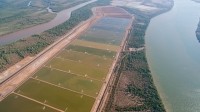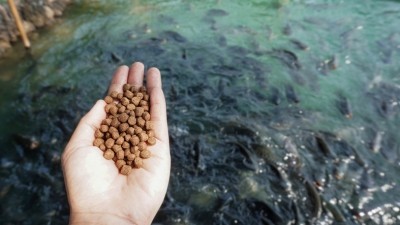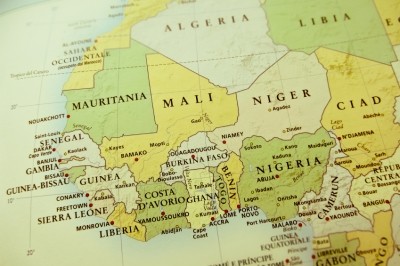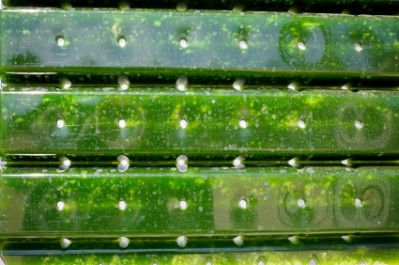First ASC certified shrimp farm in Africa
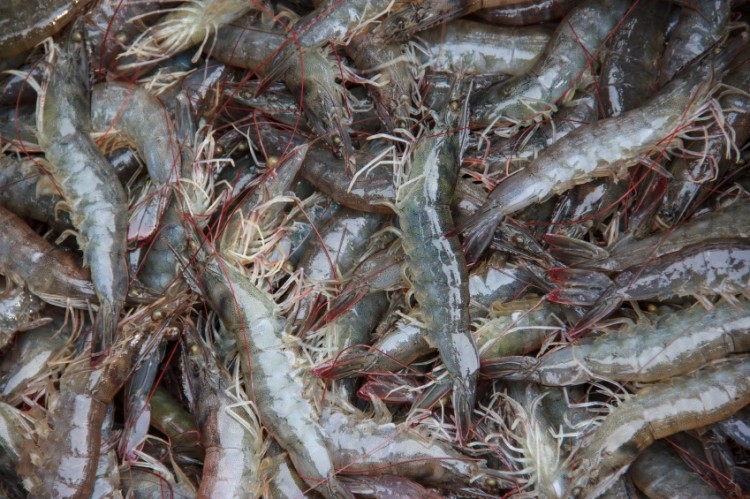
The farm in question is located in Mahajamba, in the northwest coast of Madagascar and is the first shrimp farm in Africa to receive ASC certification, an internationally recognized labeling scheme that promotes responsible fish farming practice.
The ASC standard for farmed shrimp stipulates that farms certified by the ASC can’t destroy mangroves, operate in natural wetlands or where endangered species live. There are strict controls, under the standard, over escapes of farmed fish into the wild and on waste management.
And farmers who want to use fish meal made from wild-caught seafood in their feed have to ensure it comes from credibly certified sources.
The Standard applies to all locations and scales of shrimp farm-based aquaculture production systems globally, although it is thought the certification is of greater interest to producers trading internationally.
The WWF welcomed the ASC approval of French owned Unima, saying it has partnered with the shrimp producer to develop and implement good social and environmental practices, an alliance that began in 2007.
Low density model, strict feed rules
Unima said it uses a low density stocking model of 5 to 10 shrimp per square meter, instead of over 50 in intensive farming, to ensure sustainable production.
The two farms of the group, spread over 1,600 hectares of natural clay soil, produce over 5,000 tons of shrimp per year.
Unima is the only Malagasy operator which has a fully integrated production model. It produces its own feed at a mill in Reunion which has allowed significant production cost efficiencies and low FCR along with reduction in waste and pollution from waste effluents, according to a report commissioned by the WWF and Unima.
Malagasy shrimp production
While the region’s fish farms have faced significant threat of disease in the past few years, the WWF said production has resumed with the implementation of new, innovative biosecurity technology.
In 2014, shrimp fishing and farming represented 49% of Madagascar’s fish products exports.
Europe is the main consumer of Malagasy shrimps, with imports of 400,000 tons of tropical farmed shrimp per year. Most of the shrimp is exported to France, only 10% goes to Spain, Portugal and the UK.
